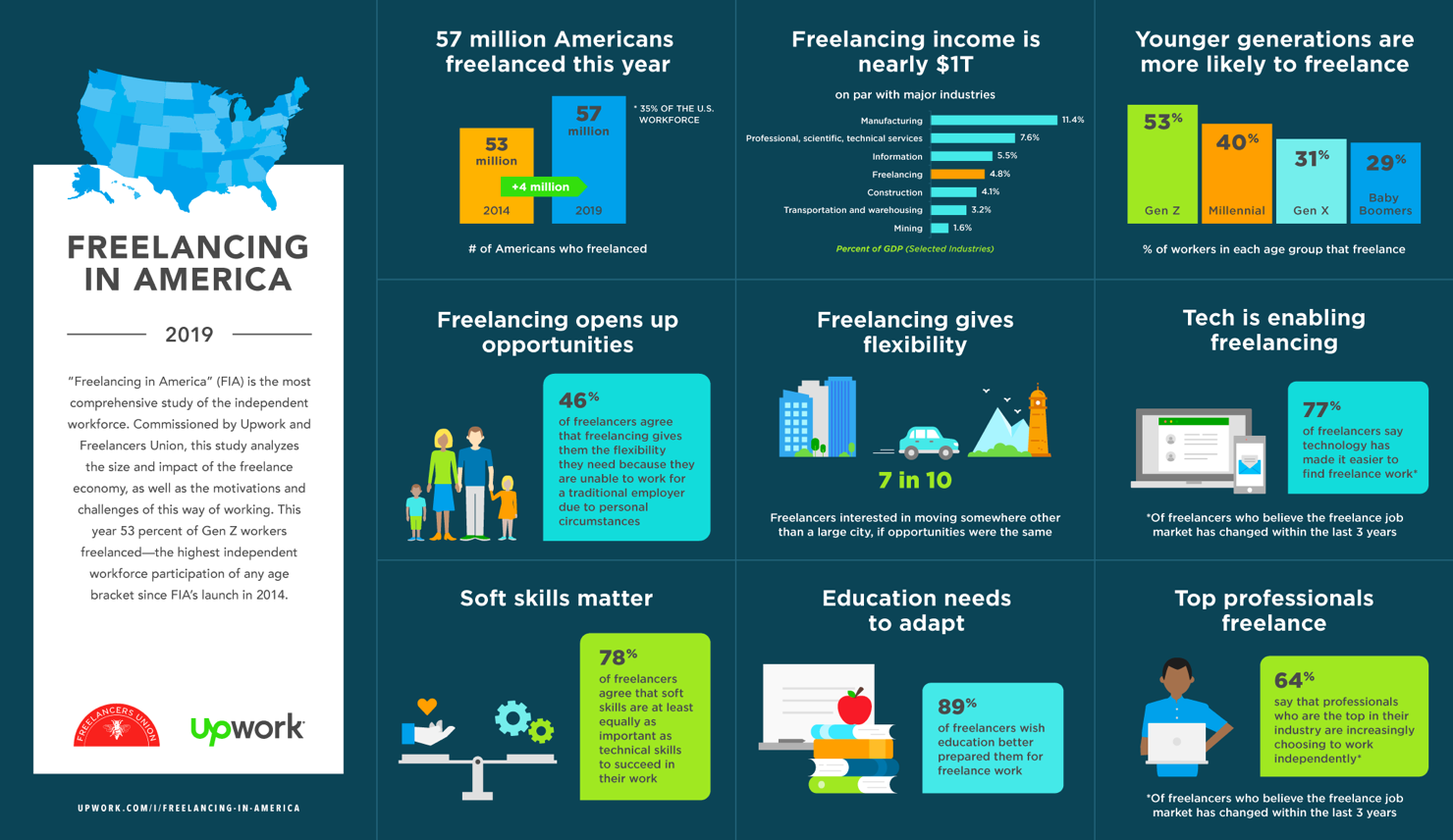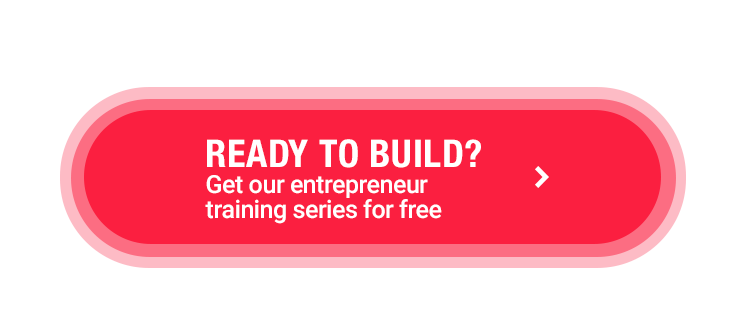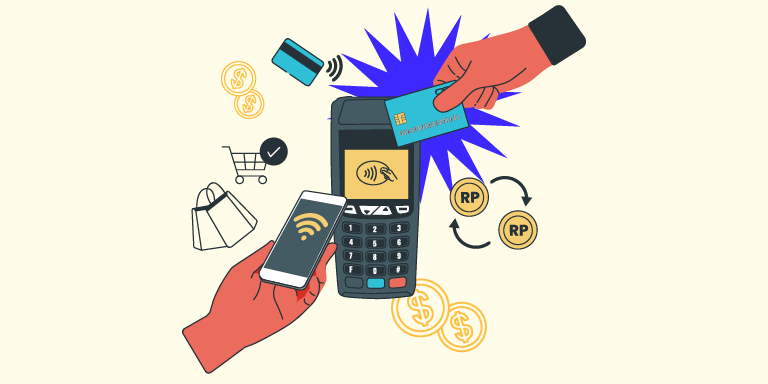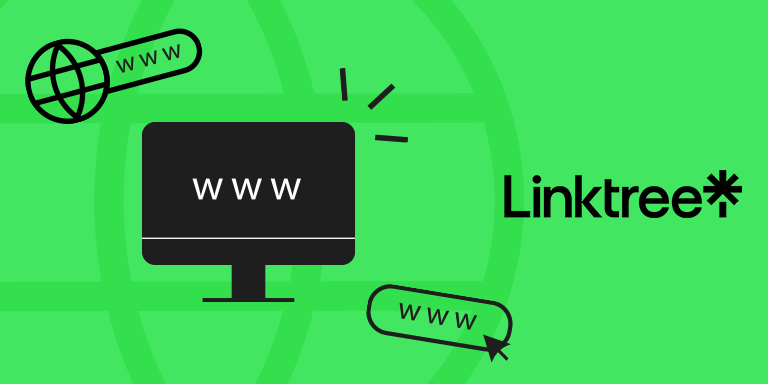So you want to start an online business, but you’re unsure where to begin?
Maybe your 9-to-5 is becoming stale and you’re dreaming of taking control over your time and your life.
Whatever the reason, starting a business online isn’t as challenging as you may think. You might be worried about not having enough “real” experience or that you’ll need a fancy degree or qualification as a prerequisite for success.
Well, you don’t need any of that to succeed. As we like to say at Foundr:
You’re living in the greatest time in history to be a self-starter.
In this post, I’ll answer all the questions you’ve ever had about starting an online business.
READ MORE: How to Come Up with a Great Business Name for Your Company
Starting an Online Business for Beginners
Starting a new online business doesn’t come with the same overheads or scalability issues that other businesses face. In fact, we’re talking low overheads and high margins, flexibility, freedom and access to a global market.
According to leading statistics database Statista, global ecommerce retail sales in 2020 are forecasted to reach $4.2 trillion this year, a figure that’s expected to grow to $6.5 trillion by 2023, that means there’s a slice of the pie waiting for you if you want it.

With the ever-increasing options of ecommerce stores available at your fingertips, its never been easier to start, run, and grow an online business from scratch online.
The successes in store for your online business journey are clearly substantial, as are the benefits, which include:
Benefit #1: Flexibility, freedom, and lifestyle
With an online business, you’re not tied to your desk and you’re no longer working according to somebody else’s schedule. Instead, you can travel the globe, choose a lifestyle where you’re constantly on the move, and manage your own agenda without external constraints.
If Instagram is your thing, the opportunities of “my office today” posts, are literally endless.
READ MORE: 100 of the Best Side Hustle Ideas and Jobs
Benefit #2: Low startup cost
There are plenty of low-cost online business opportunities with minimal initial start-up fees. After all, digital resources (websites, online marketing, and social media) are significantly cheaper and more flexible to run than their printed counterparts, especially when compared to starting a typical brick and mortar business.
Here’s a brief breakdown of the costs involved in starting a simple online business for beginners:
- Registering a business name: approximately $50
- Purchasing a domain name: $10 annually
- Setting up a website: $30 monthly
- Basic online marketing including email marketing software: $50 monthly
- Freelancers in low-cost regions: $8/hour
READ MORE: 5 Low-Cost Startup Business Ideas You Can Implement with Less Than $100
Benefit #3: High ROI (Return on Investment)
Another huge benefit of starting an online business is the earning potential which is pretty much unlimited.
This is because your income isn’t determined by your working hours, but rather your productivity.
For instance, you can spend your resources on value-adding activities to significantly reduce the number of hours you have to work in order to bring in a sustainable income e.g. growing an agile remote team or systemizing processes.
It can potentially lead to passive income down the track, too!
Your business will have higher ROI potential because it won’t be tied to the same constraints as a physical store. An online business can be marketed to anybody, at any time, through an array of digital mediums and platforms.
READ MORE: The 3 Best Low-Cost Businesses to Start with $1,000 or Less (Even $0!)
New Online Business Ideas for Beginners
If you’re a beginner, there are a few online business ideas that should appeal to you. These ideas have low startup cost and therefore, minimal risk.
- Consulting
- Freelancing
- Ecommerce
- Digital products
1. Consulting: How to start a consulting business
Have you worked in a particular field prior to starting up your own business online?
Do you have expertise in a specific profession?
Do you hold any technical skills that make you marketable?
If you answered ‘yes’ to any of those questions, then you might be in a good position to start your own online consulting business.
Whether it’s in accounting and taxation, IT, education, or even engineering; if you have the skills for it, you can offer significant value to your clients.
READ MORE: How Much Should I Charge as a Consultant? A Consultation Fee Breakdown
All you have to focus on marketing yourself and maintaining a reputable brand image.
Your skills + self-marketing = your consultancy business.
2. Freelancing: How to start a freelance business
Freelancing is considered one of the most attractive options if you’re looking to start an online business.
According to research conducted by Upwork, freelancing comprised nearly $1 trillion of the US GDP in 2019, and this trend is expected to continue over the years as the promise of flexibility and independence attracts eager minds.

What’s more, freelancing is a great way to get the gist of an industry before committing to it. Unlike in a fully-fledged job, you’re not tied to a desk or even locked into a contract.
Instead, you’re in control of the days and hours you work and you can quit whenever you want (provided you fulfil your client obligations).
This flexibility makes freelancing an attractive choice for those who are unsure about what career path they’d like to take, as it provides the option to dabble in many. No strings attached.
Wondering if you’ve got the skills to freelance? Ask yourself these questions:
- Do I have the self-discipline to resist distractions and stay focused on my work?
- Do I have the time management and organization skills to meet deadlines and deliver to my clients?
- Can I keep myself motivated on the bad days?
- Do I have the people skills to deal with clients and form lasting relationships?
Another important point to consider is your financial stability. You might want to conduct an analysis of your savings and cash flow before you quit your job and take the plunge.
There are a number of freelancing roles you can take up depending on your skill set:
- Freelance writer: for content marketing, copywriting, ghostwriting, etc.
- Virtual assistant: a parallel to an office assistant job in the real world
- Freelance programmer: for developing websites, digital programs, etc.
- Graphic designers: for creating logos, slogans and typography
- Freelance photographers: many niches from wedding shoots to newborns
Depending on what you pursue, the specifics may change, but a generally, here are some guidelines on how to begin your freelancing business:
- Define your goals and determine your end game. Is this a temporary side hustle or do you want to establish yourself as an expert freelancer? Research competitors and quantify your goals so you know what you’re working towards.
- Identify a market and prospective client base. The freelance market is saturated, so it’s crucial to identify a niche for yourself to stand out. After doing so, narrow down some clients whose needs are best addressed by you. Always starting small and adopt the Marsupial Method.
- Set strategic prices. Your prices should be based on the value you are offering to a specific client, regardless of competitor costs.
- Build a website. Get your name and your brand out there by highlighting your work and portfolio on your own platform.
- Deliver and build success stories. Having chosen your first set of clients wisely, deliver on your projects and you will generate positive buzz through word of mouth.
With freelancing, you have complete ownership over the kind of business you want to run and the goals you wish to achieve.
Freelancing can even lead to an unexpected path by trying out a new niche and developing your skills. This is why it’s often considered a go-to idea for beginners looking to start their online business.
READ MORE: The Complete Guide to Getting Clients for Your Consulting Business
3. Ecommerce: Starting an ecommerce business from scratch
Another solid online business idea is starting an ecommerce shop. Put simply, that’s selling stuff on the internet.
Although competition is fierce in this arena, the market is huge and there’s plenty of opportunities to make a full-time income.
Building an ecommerce business has a lot of parallels to establishing one in real life. It requires a solid business plan, marketing and operational strategies and the finance to get it all started.
Here are a few general tips to get you on the right path:
- Do your research. Identify an actionable niche, look into your competition, find opportunities for partnership and build a model that works best for your offering. Don’t start based on a hunch.
- Identify your brand and buyer personas. Who are you selling to? What image do you want to convey of your business? Build your website with these questions in mind and formulate a foolproof marketing and brand strategy.
- Do all the groundwork. This involves registering your business, getting the relevant licenses and permits and designing a logo.
- Attract customers to your website. Use SEO tactics, build traffic, and grow your customers. This is a continuous process and as your business grows, so will the importance of these tasks.
READ MORE: 28 Successful Founders Share Their Advice on How To Start a Startup
4. Digital products: Sell online courses
The popularity of online courses has grown rapidly in recent times.
It’s partly to do with a thirst for remote learning as well as a desire to be educated on topics by industry leaders as well as individuals with tactical tools and techniques that appear to its audiences.
Whether your audience consists of full-time students or of people simply looking to expand their skills, there are plenty of opportunities, and perks, to building a business by selling online courses.
To begin with, you have low costs and high-profit margins as with most online business ideas. But there are also additional benefits, including:
- An opportunity to automate and streamline your offering
- Unique marketing campaigns like free trials
- It has no expiration date and can be updated and improved upon
- Learning can’t go “out of stock”
- It’s in line with future tech trends
- It’s easy to maintain
Depending on your area of knowledge, what you choose to offer your students can vary. But the tools at your disposal remain the same.
You have the option to sell your knowledge through existing platforms like Udemy and Coursera, which are widely known for the variety of their course offerings.
You can also run courses independently through your own website and manage your own webinars, to retain greater control and freedom.
Offering course tutorials and videos on YouTube as a marketing tactic is also a widely used strategy in this field.
While a lot of online courses already exist in the market, if you get creative and identify an achievable offering, you’ll be able to have the cut-through you’re looking for and stand a great chance at success.
Low Cost Online Business Opportunities
In the current climate of the global coronavirus pandemic, there are still 24 hours in a day. Now more than ever, consultancies, freelancers, and digital products are highly sought after–it’s a golden opportunity to begin your new online business.
The United States Census Bureau reported that nonstore retailers were up 23.5 percent from June 2019.
This simply tells us that while shoppers are locked down, they still have needs and desires to purchase products online particularly as they navigate life working from home.
But ecommerce is thriving and if you’re looking to take advantage of starting a new online business and assist a global audience in adapting to the current state of play, here are five new business ideas for beginners:
- Facemasks: required for being outdoors and it reduces waste
- Loungewear: start a clothing brand built for comfort indoors
- Fitness equipment: skipping ropes, yoga mats, and weights for at-home training
- Home office solutions: equipment, stationery, and ergonomics
- Recipe guides and books: There are a number of tools to create a recipe book. Why not pull together all those delicious cooking, baking, or cocktail recipes and sell them?
READ MORE: 4 Online Business Ideas to Consider During a Pandemic
Now’s the Time to Start an Online Business
You might have your doubts about leaving the security of a corporate routine to start up your own business online, and that’s a natural fear to have.
But if you go about it the right way, the benefits will significantly outweigh the costs.
As the world becomes more reliant on and absorbed by digital technology, it offers vast opportunities for those ready to grasp them.
Now, it’s over to you.
Are you feeling inspired to start your own business online? Or have you already embarked on your journey? Let us know in the comments.


















